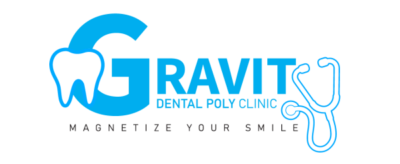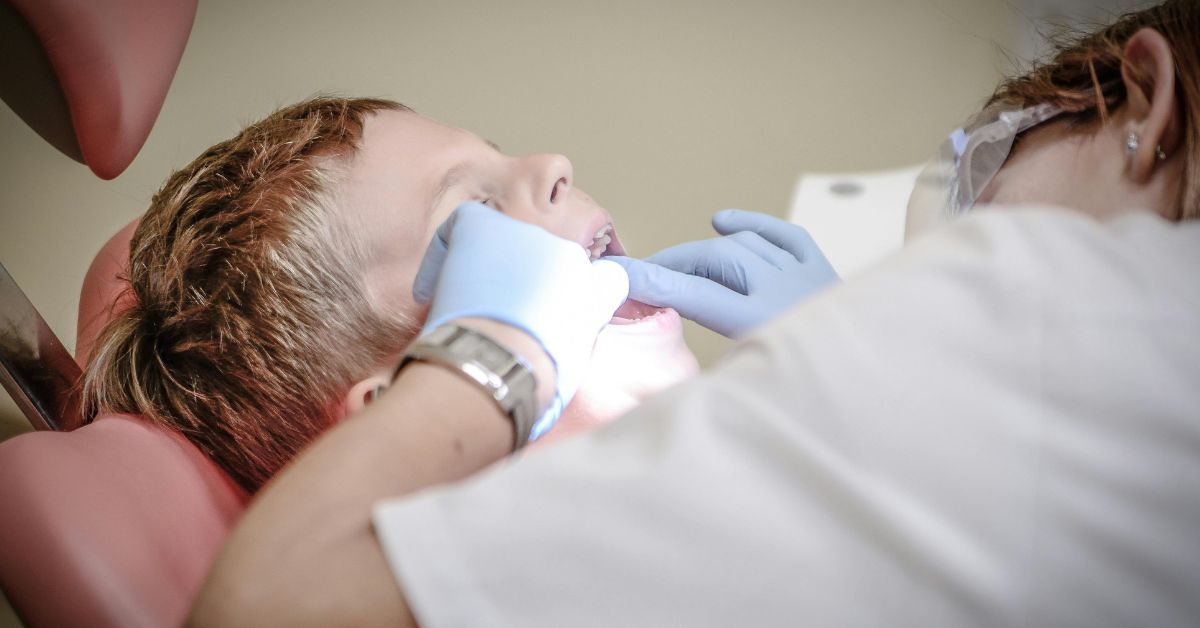Teeth grinding, or bruxism, is a widespread yet often underestimated problem affecting people of all ages. This involuntary behavior typically occurs during sleep but can also happen during the day, especially in response to stress or anxiety. Understanding this condition is vital, as it can lead to serious oral health problems if not addressed. For those facing this challenge, exploring the right dental services can provide the necessary support and solutions.
What Causes Teeth Grinding?
The roots of bruxism can be complex, often stemming from various physical and psychological factors. Here are some of the most common causes:
Stress and Anxiety
In today’s fast-paced world, stress has become a familiar companion for many. Whether it’s work pressure, personal issues, or financial concerns, anxiety can lead to subconscious teeth grinding. This often occurs during sleep, as the body tries to release pent-up tension. If stress is identified as a major trigger, finding effective stress management techniques—such as meditation or exercise—can be crucial.
Sleep Disorders
Sleep apnea and other sleep disturbances can contribute significantly to bruxism. During episodes of sleep apnea, where breathing stops temporarily, the body often reacts by grinding teeth as it struggles to restore normal breathing. If waking up with a headache or feeling unrested after a full night’s sleep is common, consulting a healthcare professional about sleep quality and potential disorders may be necessary.
Dental Misalignment
The alignment of teeth plays a super crucial role in the development of bruxism. When teeth don’t align properly, the jaw may overcompensate by clenching or grinding. A misaligned bite can be frustrating and may require professional evaluation. Regular visits to a dentist can help determine if dental alignment is contributing to the problem.
Caffeine and Alcohol Consumption
Both caffeine and alcohol can amplify muscle activity and tension, leading to increased grinding. If coffee or alcohol is a significant part of daily routines, reducing intake, especially before bedtime, can make a noticeable difference in grinding frequency.
Medications
Certain medications, especially some antidepressants, can list teeth grinding as a side effect. If medications are suspected as a cause, discussing alternative options with a healthcare provider is essential.
Consequences of Teeth Grinding
Ignoring bruxism can lead to several unwelcome consequences that go beyond simple annoyance. Here’s how grinding can impact overall health:
Dental Damage
Prolonged grinding can wear down the enamel, the protective outer layer of teeth. This erosion can lead to increased sensitivity, cavities, and even tooth fractures that may require crowns or extractions. Regular dental check-ups can catch these issues early and help mitigate damage.
TMJ Disorders
The temporomandibular joint (TMJ) connects the jaw to the skull, and excessive grinding can lead to dysfunction or pain in this area. TMJ disorders can result in headaches, jaw pain, and difficulty opening or closing the mouth. Treatment may involve physical therapy, medication, or dental services that address the misalignment.
Facial Pain and Headaches
The muscle fatigue resulting from teeth grinding can lead to persistent facial pain and tension headaches. This discomfort can radiate to the neck and shoulders, making daily activities challenging. Identifying and addressing bruxism can significantly alleviate these symptoms.
Sleep Disruption
Grinding teeth at night can interrupt sleep cycles, resulting in daytime fatigue and irritability. Quality sleep is super essential for overall health, and chronic fatigue can affect mood and cognitive function. Finding solutions to reduce grinding can improve not just dental health but also overall well-being.
Effective Treatments for Teeth Grinding
If bruxism is affecting quality of life, various treatments can help mitigate its effects. Dental services offer numerous options tailored to individual needs:
Custom Mouthguards
One of the most effective solutions for bruxism is a custom mouthguard or splint. These dental appliances are designed to fit snugly over the teeth, preventing contact and reducing strain on the jaw. Custom mouthguards are typically more comfortable than over-the-counter options and provide better protection against damage.
Stress Management Techniques
Learning to manage stress can significantly reduce teeth grinding. Techniques and exercises such as mindfulness meditation, yoga, and regular physical exercise can be beneficial. Establishing a calming bedtime routine, including reading or gentle stretching, can help signal the body to relax before sleep.
Dental Corrections
For individuals with misaligned teeth, seeking orthodontic treatment may be necessary. Braces or aligners can improve bite alignment, reducing the urge to grind. Regular follow-ups with a dentist will ensure progress and adjust treatment as needed.
Medication
In certain cases, dentists may prescribe muscle relaxants or anti-anxiety medications to help reduce the grinding reflex. While this can provide immediate relief, it’s essential to work closely with a healthcare provider to find the right balance.
Lifestyle Changes
Making simple lifestyle adjustments can have a significant impact. Limiting caffeine and alcohol intake, maintaining a regular sleep schedule, and practicing relaxation techniques can contribute to reduced grinding episodes. Additionally, staying hydrated and eating a balanced diet can promote overall health.
Final Words
Teeth grinding is a common issue with potentially serious consequences for dental health. Understanding the causes and recognizing the symptoms can lead to timely intervention and effective treatment. Exploring the right dental services is essential for those struggling with bruxism, as a comprehensive approach can address the condition’s various aspects. By prioritizing oral health and addressing the underlying causes of teeth grinding, individuals can reclaim their smiles and enhance their overall well-being. If grinding teeth at night is a concern, seeking professional advice is a critical step toward finding relief and restoring peace of mind.




